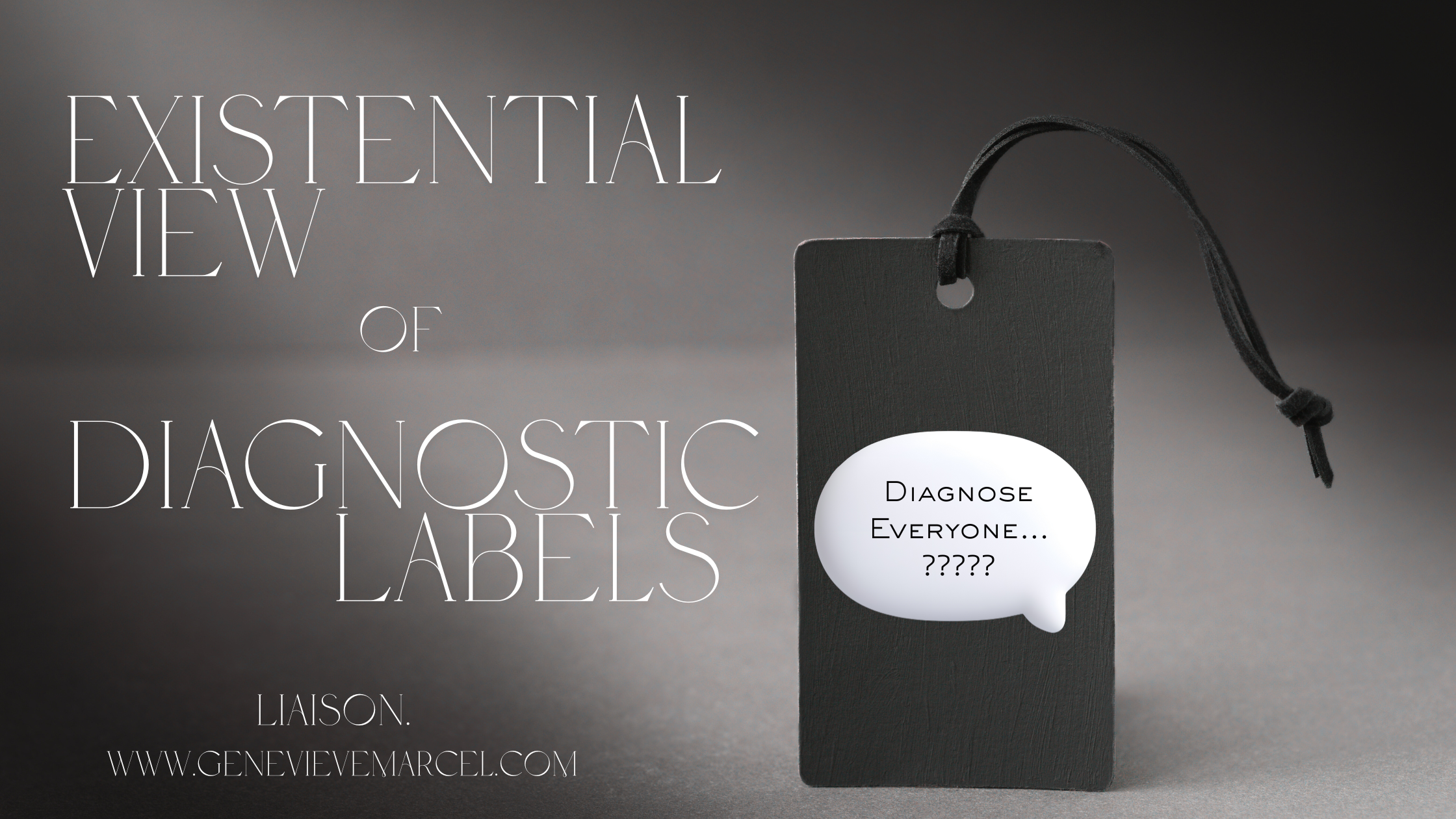Beyond the Label: An Existential Sex Therapist’s View on Diagnosis
In contemporary psychology, diagnosis is often seen as the necessary first step. It organizes symptoms, guides protocols and satisfies administrative systems. In many clinical environments nearly everyone ends up with a label. The diagnosis becomes a way to move the person into treatment. Yet from the standpoint of existential sex therapy something important can be lost when suffering is translated into codes too quickly.
A diagnosis can function as a shortcut. Terms like low desire or sexual addiction provide names for patterns but they rarely capture the lived reality beneath them. They can also close inquiry. Once a label is assigned the temptation is to manage the symptom rather than explore its meaning. An existential sex therapist will sometimes meet clients who arrive already diagnosed yet unable to articulate their sexual story. They can recite criteria but cannot describe how their sexuality developed, how culture and fear shaped their behavior or what longing or grief is embedded in the symptom.
This is not a new critique. Irvin Yalom has written that diagnosis can be misleading because people are too complex to fit neatly into categories. When someone arrives saying they have a disorder of desire the question is not whether the criteria apply. The question is what desire has come to mean for them and what history produced the silence around it. Sometimes what is called hypoactive desire reflects a life in which touch was unsafe. Sometimes what is labeled addiction reflects a life in which pleasure became the only reliable escape from isolation. A diagnosis can neutralize these stories by making them sound like technical problems rather than human ones.
Existential sex therapy approaches symptoms as messages rather than malfunctions. A symptom can point toward shame. It can point toward a conflict between freedom and responsibility. It can point toward unresolved trauma or toward a protective strategy that once made sense. When symptoms are reduced to labels the person may gain a category but lose access to meaning. In some cases diagnosis becomes a shield. It allows the person to avoid the uncomfortable work of examining their own agency. Statements like I am not a sexual person or I cannot change because I have trauma are understandable yet incomplete. They offer certainty at the cost of curiosity.
Emmy van Deurzen has noted that existential therapy is not concerned with diagnosis but with how people confront the challenges of existence. An existential sex therapist does not ask what disorder is present. They ask how this person is living and what they are avoiding. They ask how desire and embodiment are influenced by freedom and mortality. They ask what the person fears would happen if they no longer hid behind the label. The task is not to remove suffering. The task is to understand its direction.
It is important to acknowledge that diagnosis has uses. It can validate experience and grant access to care. It can make someone feel less alone. But it is not the whole story. When a label becomes identity it can trap the person in the very condition it names. The real work lies beneath the classification. It lies in the exploration of how sexuality formed, where it ruptured and how it might be reimagined.
In this view the question is not what disorder someone has. The question is who they are becoming through their sexual life and what possibilities remain undiscovered when suffering is finally given space to speak.

